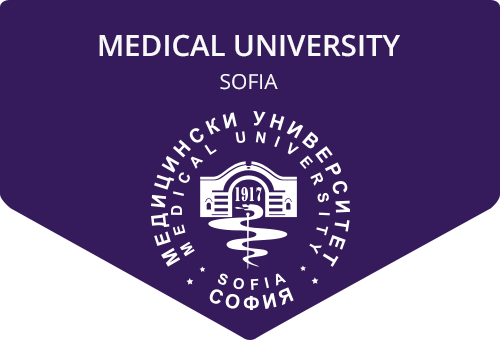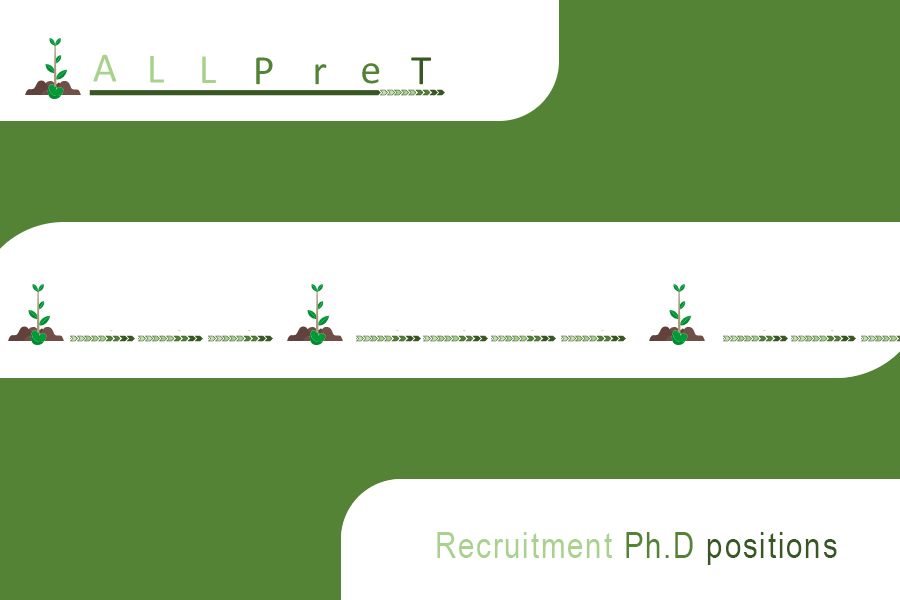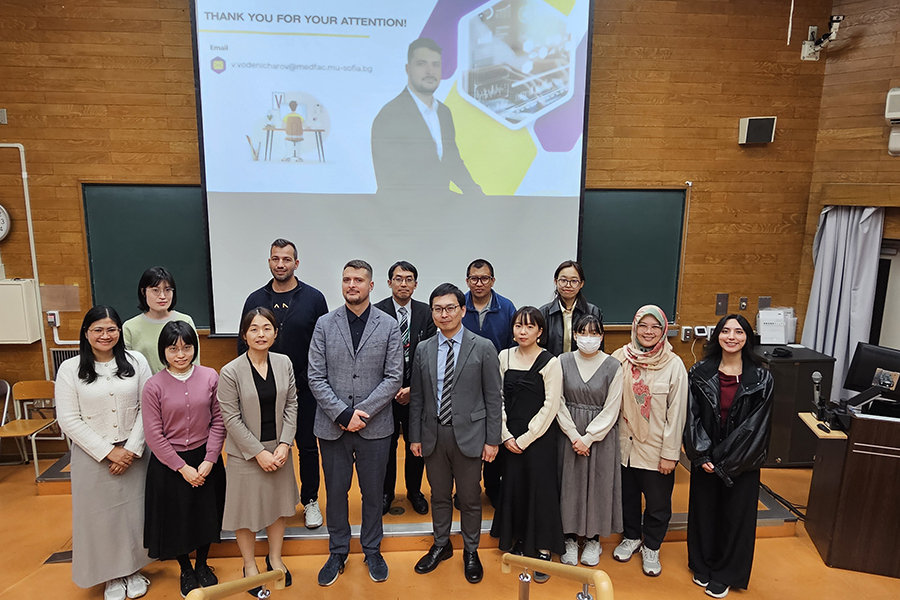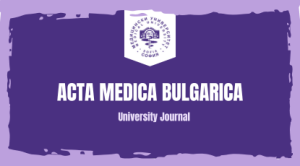The ALLPreT project, an international research consortium to develop new approaches, tools, and assays that enable the safe introduction of novel foods, has now kicked off.
ALLPreT is an EC funded Horizon Europe Marie Curie Doctoral Training Network project. ALLPreT has the objective of protecting humans from unacceptable food allergy risks. The consortium brings together 9 academic and 15 associated partners – including industry partners – from across Europe and the United States. It offers a unique opportunity to excellent early stage researchers to gain experience and skills with 10 new PhD-positions within a world class consortium.
Introduction of novel foods, such as insects or clover, will contribute to the security and sustainability of our food supply. However, such novels foods need to be safe. Allergenicity assessment is therefore an essential part of the safety assessment of novel foods. Unfortunately, currently available methods to assess allergenicity of novel foods lack predictive power and are not validated. Consequently, food producers and risk assessors struggle with allergenicity assessment, which slows down the introduction of novel foods in our food supply. Enabling the safe introduction of novel foods, while protecting humans from unacceptable food allergy risks, calls for a multidisciplinary approach. The overall goal of ALLPreT (‘Allergenicity Prediction Toolbox’) is to train the next generation of scientists who can tackle the shortcomings in the current food allergy assessment of novel food products.
Multidisciplinary collaboration
The ALLPreT consortium, coordinated by Kitty Verhoeckx, PhD (assistant professor food allergy, Department of Dermatology & Allergology, University Medical Center Utrecht), arises from the EU COST Action ImpARAS (Improved Allergenicity Risk Assessment Strategy), which ran from 2014-2018 and which was also coordinated by Kitty Verhoeckx. ALLPreT is a multidisciplinary collaboration of 9 full partners and 15 associated partners from universities, research institutes, hospitals, patient organizations and industry, located in 10 European countries and the United States (see table).
Safe introduction of novel foods
ALLPreT aims to discover new approaches, tools, and assays to enable the safe introduction of novel foods and protect humans from unacceptable food allergy risks. This will be done by unravelling food allergy mechanisms (e.g., route of sensitization (oral, respiratory and skin), involvement of immune cells, in vitro/in vivo responses, investigate intrinsic properties of allergenic proteins (e.g., epitopes, digestibility, physicochemical properties) and exploring the use of a threshold of sensitization.
New positions for PhD candidates
ALLPreT offers 10 PhD-positions for early stage researchers in The Netherlands, Austria, Denmark, Germany, France, Luxembourg, Serbia, and Bulgaria. The candidates will be trained in the core aspects of food allergy risk assessment, immunology, protein chemistry, bioinformatics, model development and complementary “soft” skills to deliver well-educated young scientists, with a unique position within the EU labor market. The call for applications for the ALLPreT PhD positions is now open and the deadline for applications is October 31, 2022. More details about the requirements and application details for these PhD positions can be found here on the ALLPreT website.








